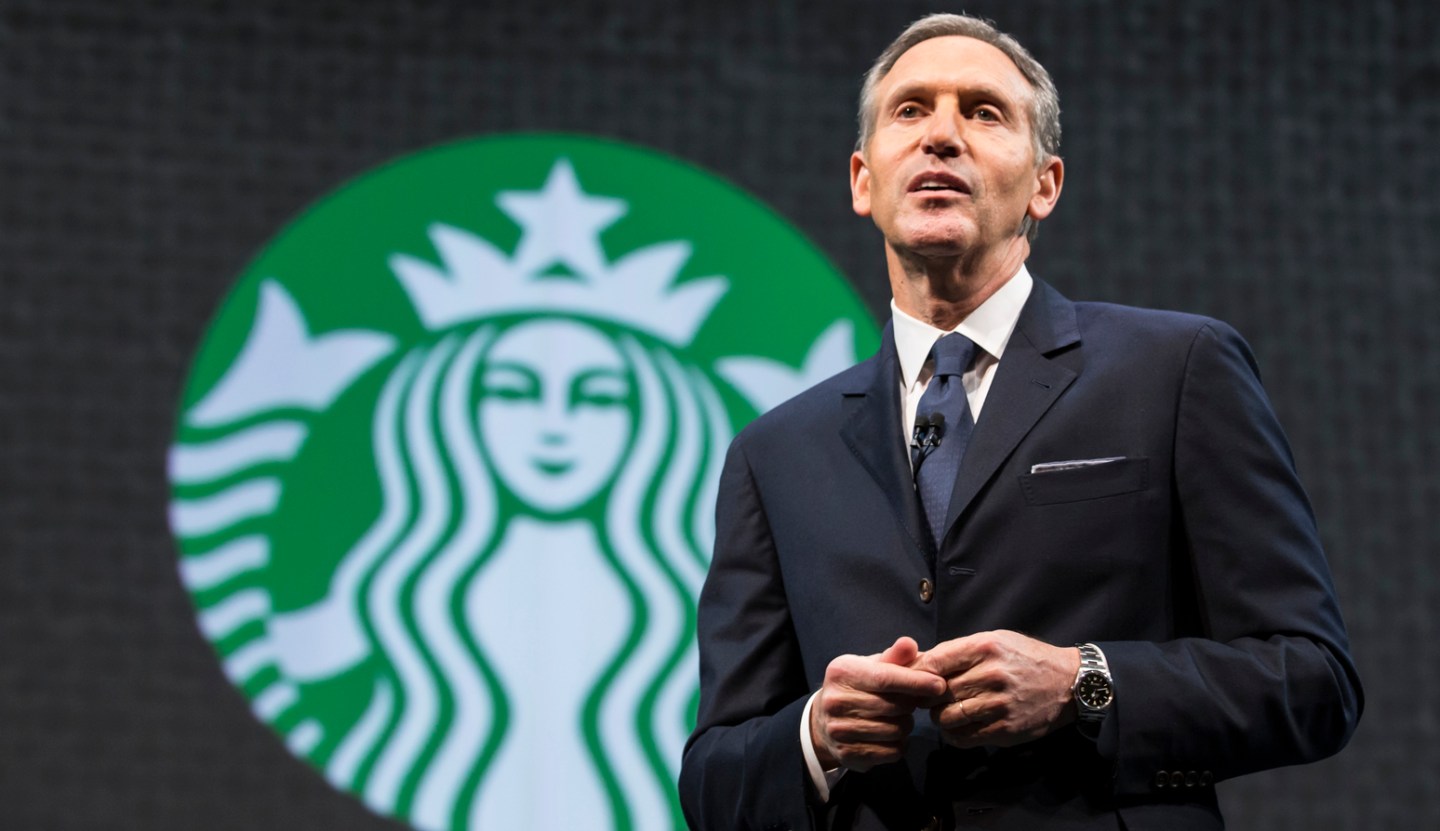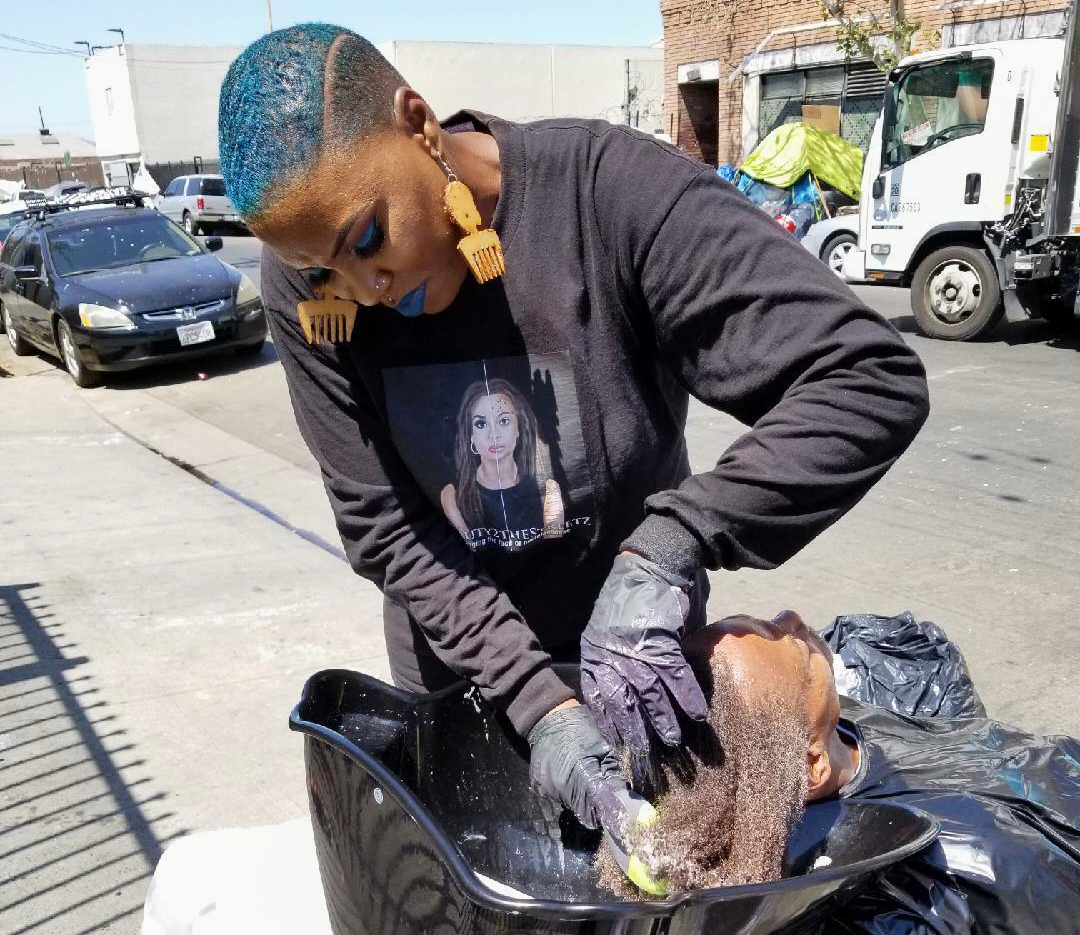In case the U.S. Presidential race hasn’t tipped you off already, something new and strange is going on with the way people evaluate institutions and the leaders who run them. The evidence arrives in the 2016 Edelman Trust Barometer, compiled from research by Edelman, the world’s largest PR firm, and released this week at the World Economic Forum in Davos, Switzerland.
The headline is that worldwide trust in institutions has hit a post-recession high, but with a crucial qualification: Informed, well-off people are highly trusting in institutions, while the rest are decidedly not, and that gap is now the widest it has ever been. The message for leaders: People like you are already on your side, but not many others are, and those are the ones you’d better attend to.
The research paints a coherent picture that fits with political and social trends around the world. The “informed public”—people in the top quartile by income with at least a college degree, highly engaged with the news—have been well served by the major institutions (business, government, media, NGOs); of course they’re mostly trusting. The “mass population”—everyone else—hasn’t been, on average, and is naturally much less trusting. In the U.S., the “trust index” of the informed public is 71; among the mass population it’s 45, the widest gap in the world. Most of the informed public (63%) believe they’ll be better off in five years; most of the mass population (55%) believe they won’t be, one of the largest optimism gaps in the world. The trust gap between the top quartile by income and the bottom quartile by income is 31 points in the U.S., the widest in the world.
Sign up for Power Sheet, Coins2Day’s daily morning newsletter on leaders and leadership.
Is it any surprise that the biggest stories in U.S. Politics today are Donald Trump and Bernie Sanders, the candidates who speak most powerfully to the mass population’s distrust, and that the established political pros missed them entirely?
Yet lurking in the data is good news and an opportunity for leaders. It turns out that the overall public thinks business is better than those other institutions at keeping pace with changing times, and they strongly believe – 80% agree – that a company can “both increase profits and increase the economic and social conditions in the community where it operates.” In fact, that turns out to be the key question in whether a person is becoming more trusting of business or less. Among people whose trust in business has increased, 45% say it’s because it “contributes to the greater good.” Among those whose trust in business has fallen, the largest group of them, 50%, say it’s because business “fails to contribute to the greater good.” This is what it’s all about. More people now think a CEO should be “personally visible” in discussing societal issues than in discussing financial results.
One more relevant data point: When the researchers asked the overall public who’s credible – a technical expert, a financial analyst, or any of several other categories – the biggest increase in credibility from last year was for CEOs.
The opportunity for leaders seems clear. Put your head back above the parapet. Show, don’t just say, how your organization contributes to the greater good. Then go ahead and earn high profits; you won’t be penalized in public opinion. CEOs like Unilever’s (UN) Paul Polman and Starbucks’ (SBUX) Howard Schultz have set a high bar, so you’d better bring your A game. But in an era when much of the public seems ready to take up torches and pitchforks, you and your organization face a great and unexpected opportunity to be trusted.













